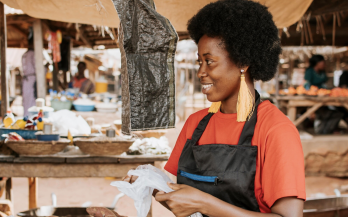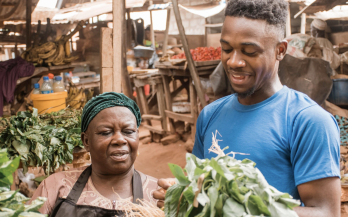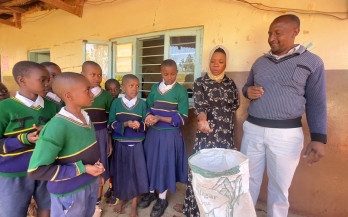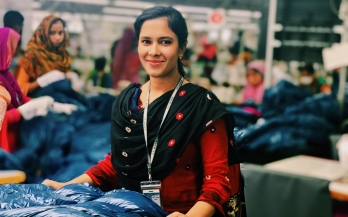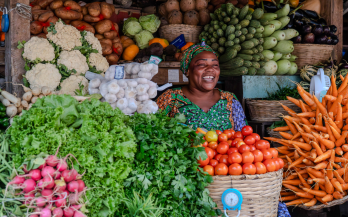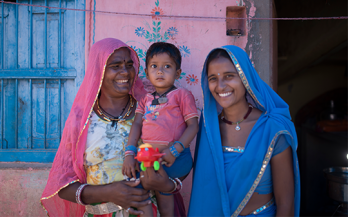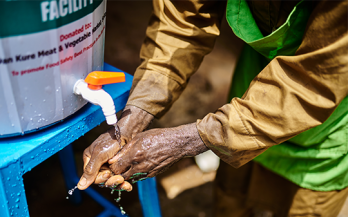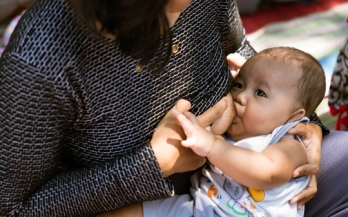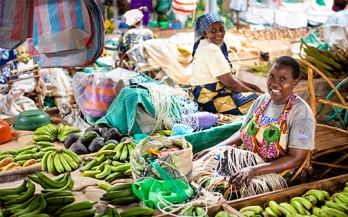The Second United Nations Food Systems Summit Stock take (UNFSS +4) which held 27–29 July 2025 in Addis Ababa, co‑hosted by Ethiopia and Italy – closed with a powerful reaffirmation of political will, partnership, and accountability in support of sustainable, inclusive, and resilient global food systems transformation. It brought together 3,500+ participants, 145+ national delegations and 700+ non-state actors. Participants from governments, civil society, producers, youth, Indigenous Peoples, academia, and the private sector gathered for Plenary sessions, High-level Panels, Ministerial Roundtables, Investment Dialogues, and Stakeholder-led constituencies.
The Second United Nations Food Systems Summit Stock take (UNFSS +4) which held 27–29 July 2025 in Addis Ababa, co‑hosted by Ethiopia and Italy – closed with a powerful reaffirmation of political will, partnership, and accountability in support of sustainable, inclusive, and resilient global food systems transformation. It brought together 3,500+ participants, 145+ national delegations and 700+ non-state actors. Participants from governments, civil society, producers, youth, Indigenous Peoples, academia, and the private sector gathered for Plenary sessions, High-level Panels, Ministerial Roundtables, Investment Dialogues, and Stakeholder-led constituencies.
GAIN Tanzania is at the forefront of efforts to tackle micronutrient deficiencies through biofortification, an approach that enhances the nutritional content of staple crops. One of its most impactful initiatives has focused on high iron beans (HIB), a locally accepted, nutrient-rich variety introduced through partnerships with schools and farming communities. By connecting farmers to institutional markets and supporting local seed systems, GAIN is creating a sustainable, scalable model for improving diets and livelihoods. In this interview, Prisca Kokutona Rwezahura, Country Director -GAIN Tanzania, reflects on this journey- sharing insights into policy, partnerships, and what’s next for biofortification in the country.
This Human Rights Day, our panel will bring together experts from GAIN, SUN, ILO, and WHO to discuss the critical issue of nutrition integration in global labour standards. The panel is based on a comprehensive report that analysed the current state of nutrition considerations in international instruments, national legislation, and workplace practicesThis Human Rights Day, a live interview panel will bring together experts from GAIN, SUN, ILO, and WHO to discuss the critical issue of nutrition integration in global labour standards. The panel is based on a comprehensive report that analysed the current state of nutrition considerations in international instruments, national legislation, and workplace practices
This discussion will look at what we're expecting from global leaders during the N4G summit. What kind of commitments do we want to see? How can we mobilise the international community around the issue of nutrition, bring in the private sector and civil society, and get back on track to fulfil the UN's sustainable development agenda?
In this Interview Cruncher, we'll address the specific challenges faced by women and girls within food systems, exploring how these imbalances contribute to health inequities and malnutrition risks. We'll examine the urgency of addressing these issues in light of missed SDG targets and the role of human rights in fostering equality.
Feed The Future's EatSafe: Evidence and Action Towards Safe, Nutritious Food is a USAID-funded programme aiming to enable lasting improvements in the safety of nutritious foods in traditional markets by focusing on behaviour change.
Sadia Kaenzig, Head of Communications and Caroline DeWaal, Deputy Director at EatSafe speak about the importance and impact of food safety.
This Interview Cruncher aims to shed light on the critical role of maternal nutrition, in promoting successful breastfeeding and optimal infant nourishment. And to do so, we have three prominent speakers joining us today.
This Interview Cruncher will highlight the crucial role of "food systems infrastructure" in enabling access to healthy and sustainable diets in low- and middle-income countries. It will aim to offer a clear definition of what food systems infrastructure entails and identifies gaps that still need to be addressed.
This Interview Cruncher will highlight what needs to be done to harness the impact of enterprise support in reaching low-income consumers with healthy diets.
